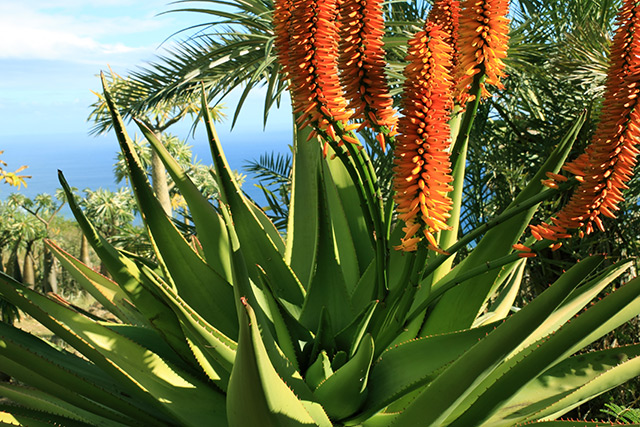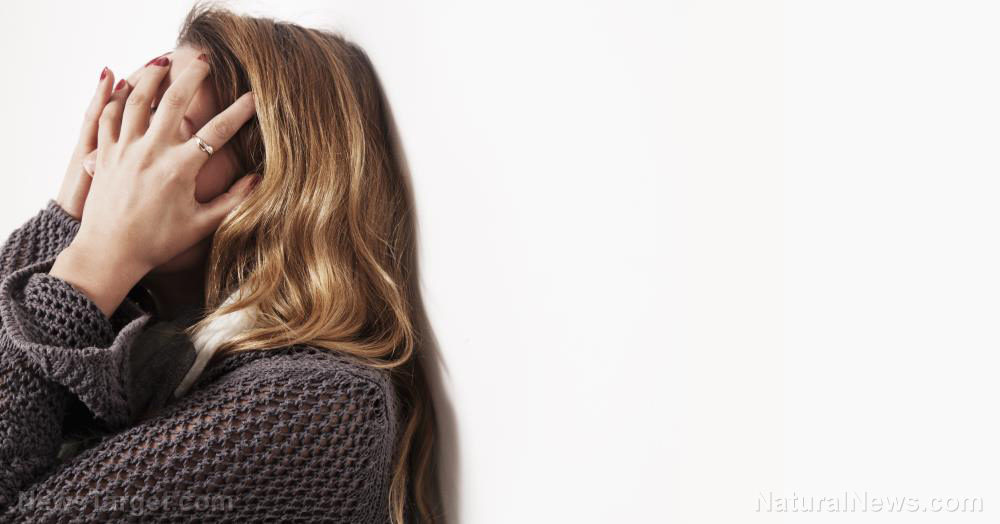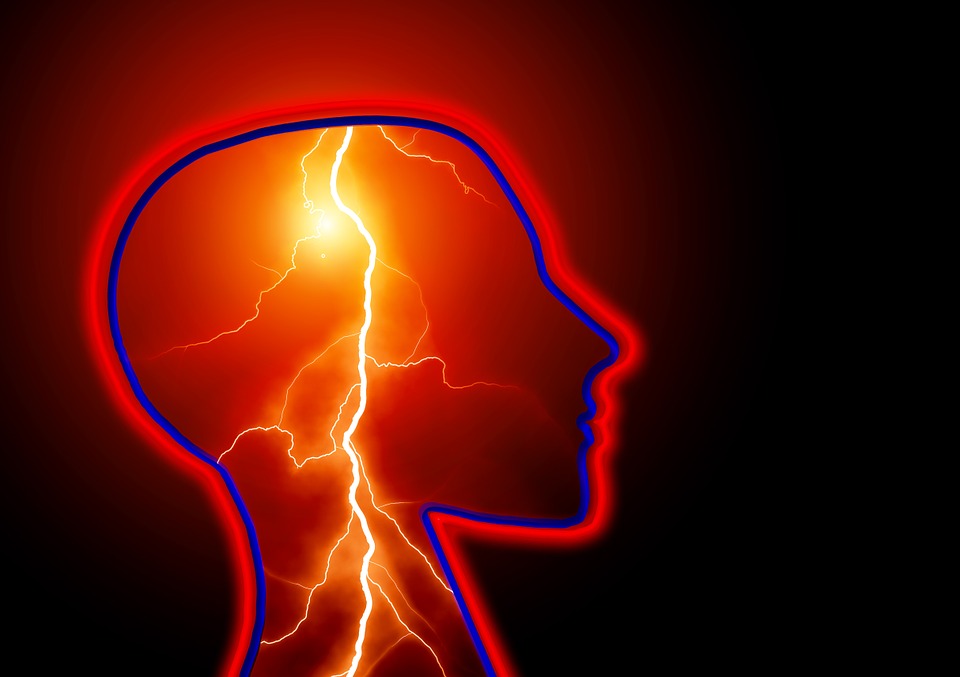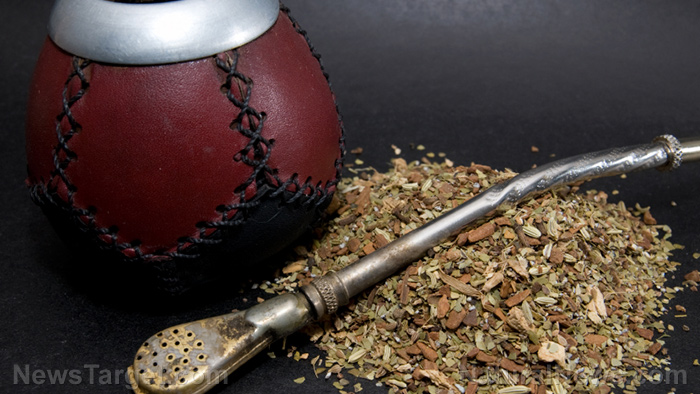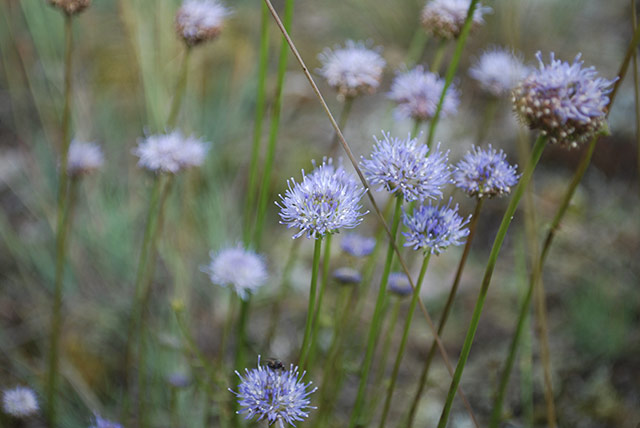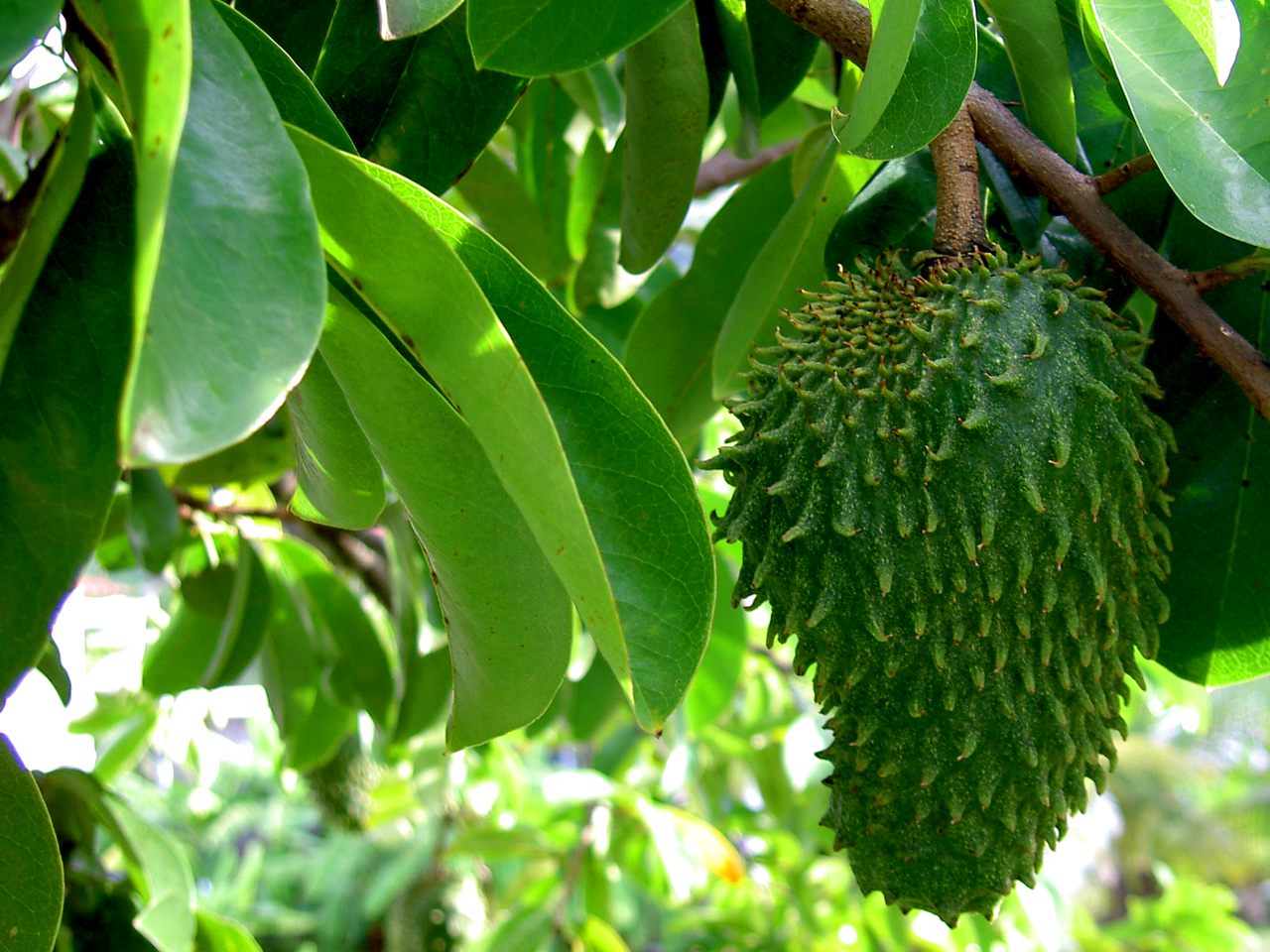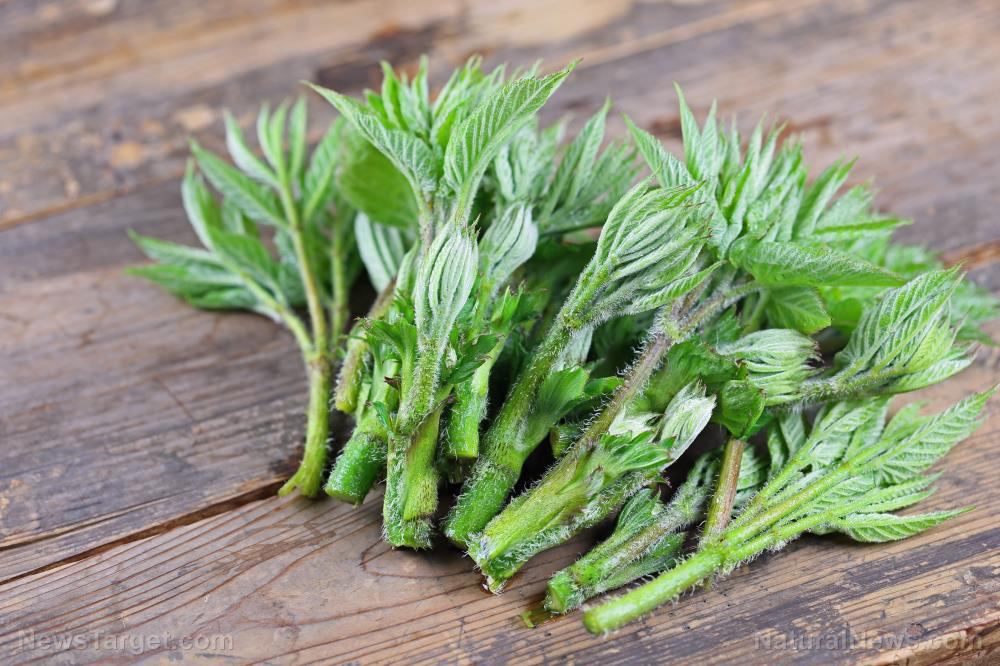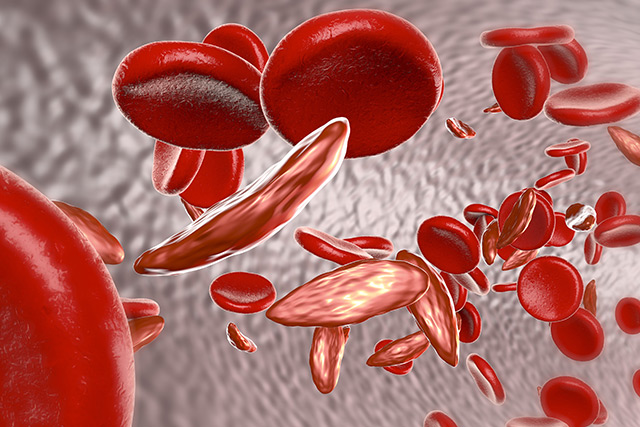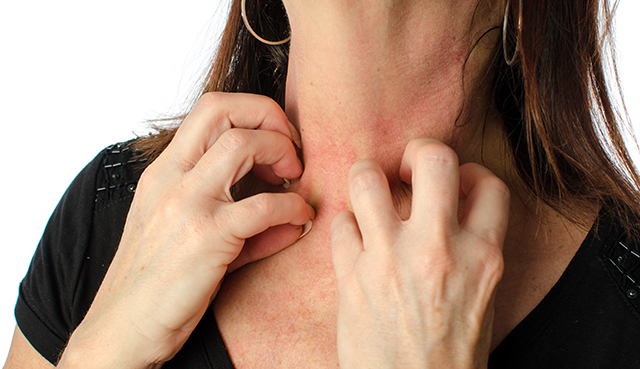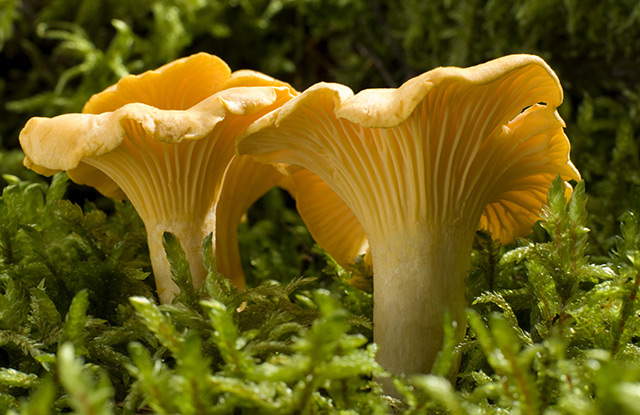Natural medicine even improves surgical outcomes: Aromatherapy massage found to decrease stress and improve sleep in ICU patients
01/16/2018 / By Zoey Sky
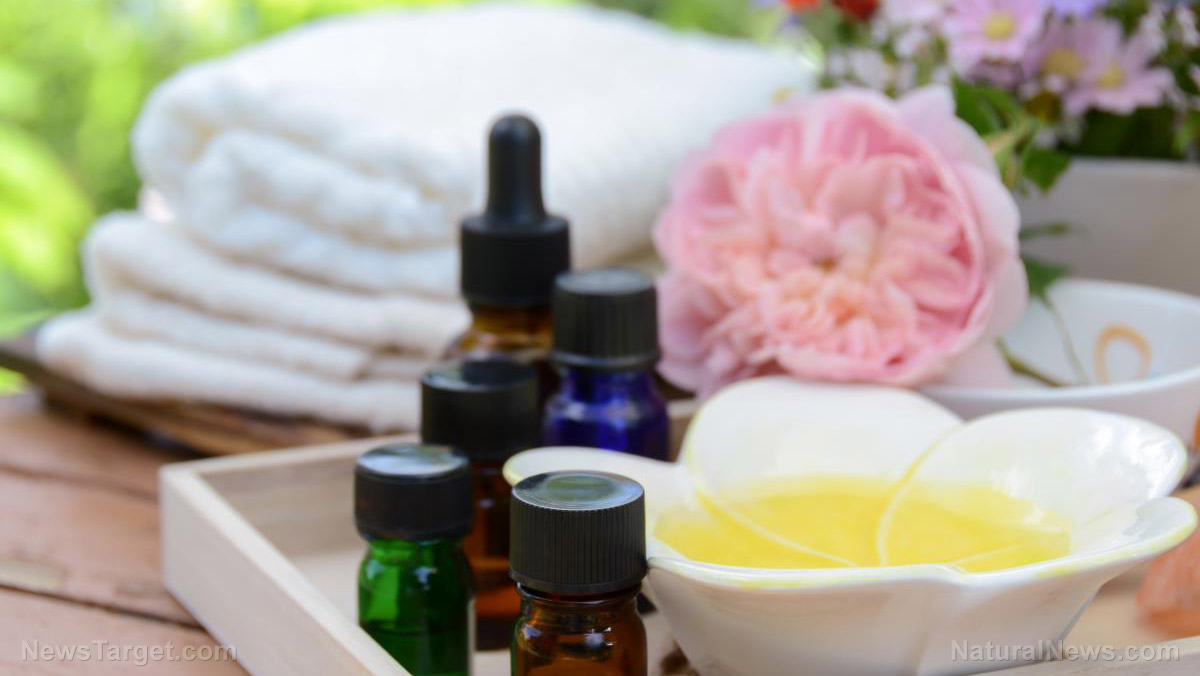
Patients in the intensive care unit (ICU) of any medical facility are often subject to various severe and life-threatening illnesses. Aside from the severity of their conditions, these patients must also deal with the surgical pain caused by “clinical, disease-related concerns, unknown encounters after surgery, quality of sleep, [and] restrictions in position after.” Now, a group of researchers from Atatürk University Research Hospital has recently proven that aromatherapy massage can help ease the pain of ICU patients post-surgery.
The researchers set out to confirm if aromatherapy massage can have a significant impact on the sleep quality and physiological parameters among post-surgery ICU patients. For the study, the researchers observed 60 patients that were sorted into two groups. The experimental group and control group were both made up of 30 patients, and the scientists gathered information for the study via “a data collection form on personal characteristics of the patients, a registration form on their physical parameters, and the Richards-Campbell Sleep Scale (RCSQ).”
Based on their findings, the experimental group showed a significant improvement in sleep quality and physiological parameters for ICU patients compared to the control group, which was not given aromatherapy massages.
While in the ICU, patients are in an environment that typically subjects them to various stimuli that can cause problems concerning “sensory input and sensory deprivation.” Both can also lead to concerns such as “decreased cognitive function, irritability, aggression, [and] disruptions in the sleep-wake cycle,” all of which are linked to disorientation which could develop into “ICU syndrome.” Symptoms of ICU syndrome may include anxiety, disorientation, hallucinations, nightmares, and paranoia.
100% organic essential oil sets now available for your home and personal care, including Rosemary, Oregano, Eucalyptus, Tea Tree, Clary Sage and more, all 100% organic and laboratory tested for safety. A multitude of uses, from stress reduction to topical first aid. See the complete listing here, and help support this news site.
Complementary therapies are administered together with medical therapy to help enhance the quality of life of ICU patients. These methods can help prevent ICU-related complications like sleep disorder or anxiety. The therapies can also help the patients relax while in the ICU. Common methods employed by medical professionals include massage therapy and aromatherapy.
Aromatherapy is a complementary therapy often utilized by nurses, and aside from reducing pain and anxiety, it has effectively lowered both blood pressure and heart rate. Combined with this method is lavender essential oil.
Aside from being a potent and natural bug repellent, lavender (Lavandula angustifolia) also induces sleep. This essential oil is used as an alternative treatment for insomnia. It also has relaxing properties and it is commonly used to address sleep issues.
Lavender essential oil’s calming scent makes it suitable for calming the nerves and any issues concerning anxiety. The active ingredients of lavender essential oil are quickly absorbed through the skin, and it is a safe herb with no reported cases of toxicity. (Related: Use of lavender before an operation has been found to reduce anxiety in surgery patients, improving outcomes according to new study.)
Aromatherapy massage combines the benefits of both massage and aromatherapy. This treatment aims to control symptoms; while aromatherapy massage has successfully often been used in studies on “hospitalized patients’ physiological parameters and sleep,” ICU patients have not been part of any research.
This study, which was conducted between November 2013 and January 2014, monitored participants who were all older than 18 years old, could speak Turkish, were postoperative patients, did not have open scars, did not have complications, and were unconscious and extubated.
Both the experimental and control groups had similar physiological parameters before aromatherapy massage was applied. While there were no significant differences in the control group in the post-implementation measurements, the researchers noted a crucial difference in diastolic blood pressure for the experimental group. There were noteworthy differences for all the physiological parameters in the experimental group following repeated measurements.
The results of the study confirmed that aromatherapy massage can produce a noticeable improvement in the quality of sleep of ICU patients. Moving forward, this method can be used to ease the pain and anxiety of patients who are also having sleep issues.
Learn more about the benefits of essential oils at EssentialOils.news.
Sources include:
Journals.SFU.ca[PDF]
Tagged Under: Anxiety, anxiety relief, aromatherapy, aromatherapy massage, healing, Hospitals, ICU patients, Intensive care patients, medicinal herbs, natural medicine, physiological parameters, sleep, sleep aid, sleep quality, surgery

